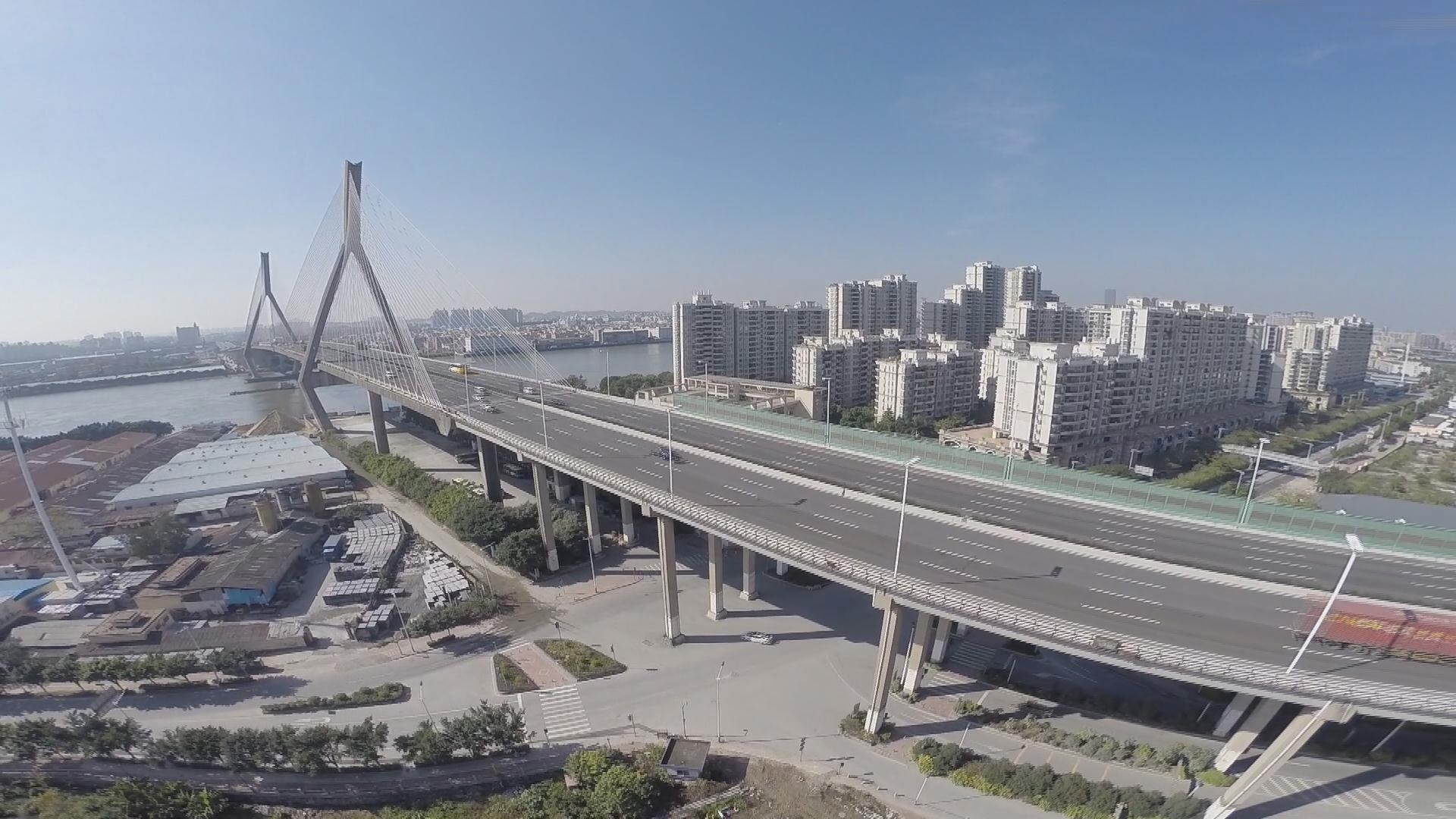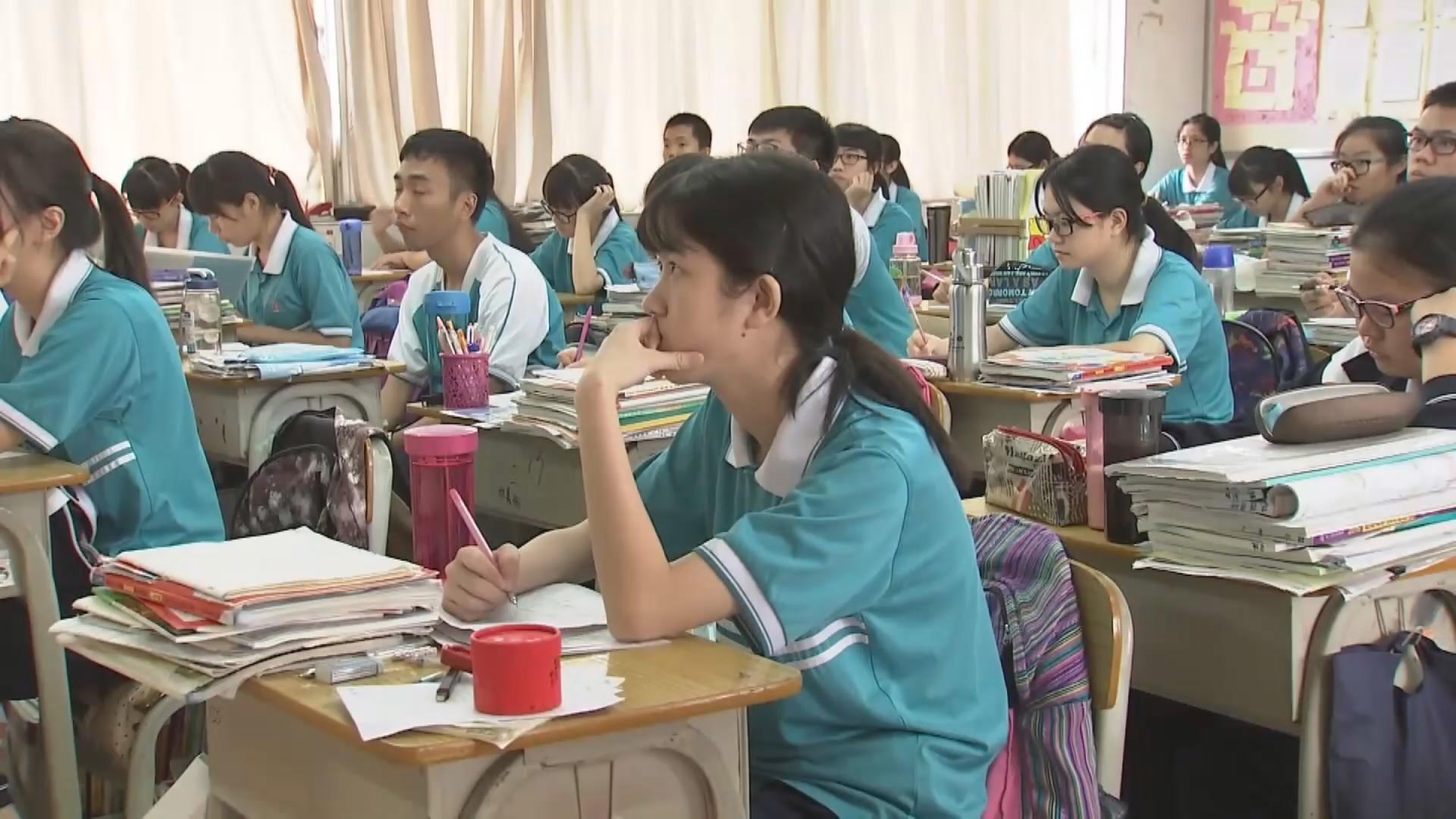
China
14:50, 24-Jul-2017
Guangzhou grants renters and homeowners equal access to education resources

By CGTN's He Weiwei
The housing authority of south China's Guangzhou city has released 16 new regulations to boost the region’s rental market, and one of them gives renters and homeowners equal rights for public primary and middle schools.
Home renters in Guangzhou are now able to enroll their children in public schools nearby, as long as they hold a “hukou” (household registration), or a certain work certificate recognized by the government.

Guangzhou's housing authority releases 16 new regulations to boost rental market. /CGTN Photo
Guangzhou's housing authority releases 16 new regulations to boost rental market. /CGTN Photo
This is seen as a huge change.
In major Chinese cities like Guangzhou, property is more expensive in areas around renowned public primary and middle schools. And in order to attend such schools, one has to own a nearby apartment. Now, the renters of such apartments are getting this right, a move that is expected to rouse wide public attention.

Guangzhou is the first city in China to grant renters and homeowners the equal right to education resources. /CGTN Photo
Guangzhou is the first city in China to grant renters and homeowners the equal right to education resources. /CGTN Photo
“It may take 10 million yuan to buy an apartment near a good school, but it only takes hundreds of thousands a year to rent one,” said a migrant worker. “I'll definitely choose to rent. I think this policy is good news to those in need of education access.”
Meanwhile, some also express their concern that the new regulation will raise rents around public schools.

The lack of education resources is a common problem in many cities in China. /CGTN Photo
The lack of education resources is a common problem in many cities in China. /CGTN Photo
Guangzhou is the first city in China to roll out such a policy. Its new housing regulations aim to boost the rental market, as the government continues to curb property price growth in major cities.
While the regulation on education access has gained the most attention, it's the only one of the 16 new rules that focuses on the topic. The others have to do with things such as tax cuts, rental subsidies and transforming commercial housing into residential for rental purposes.
1891km

SITEMAP
Copyright © 2018 CGTN. Beijing ICP prepared NO.16065310-3
Copyright © 2018 CGTN. Beijing ICP prepared NO.16065310-3